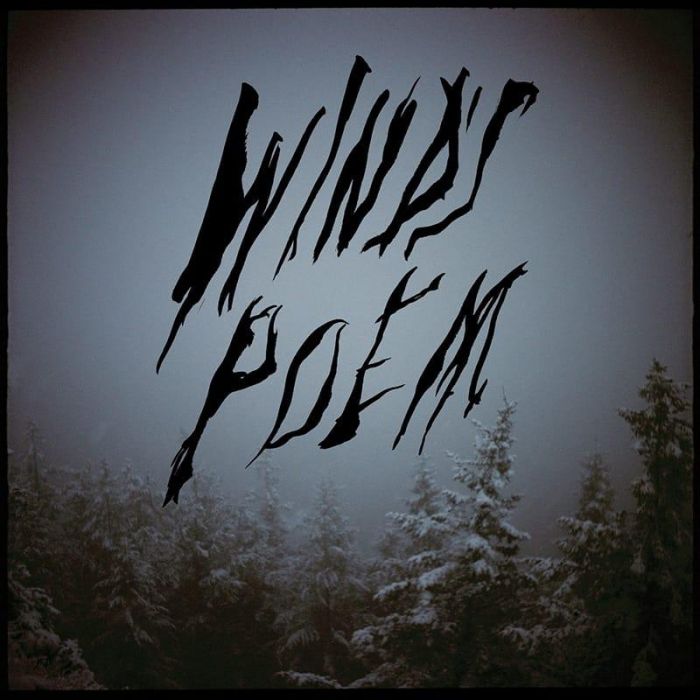Grace Notes: Jay Tholen, Mount Eerie

Grace Notes is a weekly exploration by Jason Morehead of signs of common grace in the music world. We hope to alert you to wonderful music, some of which will be spiritual in nature but all of which will be unique and worthy of your attention. Each week we will share brief reviews of albums worthy of your attention and maybe a video or two.
Jay Tholen

I reviewed Jay Tholen’s Mud Pies or Bread and Wine? several weeks ago, but Tholen’s been a busy little bee in 2011. He’s already released a new EP, titled Vainglory, and it’s yet another trip through his madcap brand of “Christ-centered chip-wave.” Vainglory picks up where Mud Pies or Bread and Wine left off — in fact, it even features an extended version of the previous release’s “At All,” complete with “extra meaninglessness.” Chiptune music may be some good, cheesy fun, but it often strikes me as rather disposable, focused more on capturing some sort of 8-bit nostalgia than much else. Tholen’s take on chiptune, on the other hand, succeeds more often than not because, for all of its weirdness and quirkiness, there’s an earnestness and worshipfulness at work in these songs about human hubris and Christ’s crucifixion that proves compelling. And which makes those 8-bit bloops and bleeps all the richer.
Mount Eerie

Wind’s Poem was released in 2009 but I’ve been revisiting it in light of an upcoming Mount Eerie concert in my town. Described as Phil Elverum’s “black metal” album, that’s a bit of a misnomer, the cacophonous opening track notwithstanding: Elverum’s quiet voice, fragile arrangements, and lyrical themes prove far more ominous than any growling vocal or blast beat. Make no mistake, Wind’s Poem is an unsettling album, as Elverum contemplates isolation, the fleeting nature of existence, and man’s smallness in the face of nature (sample lyrics: “Now the wind speaks in the branches, now the wind speaks, saying: ‘Hold on to something and watch it go. Everything you love will end up on the breeze.‘”). But Wind’s Poem is also a deeply evocative and moving album that, due to it’s focus on the mysteries and vagaries of existence, sometimes crosses the thin line from dread to transcendence. On the Twins Peak-inspired “Between Two Mysteries,” Elverum sings a simple statement of existence in the face of nothingness, a celebration of mystery and a rejection of nihilism that gets me every time. Wind’s Poem isn’t for the faint-hearted — it’s certainly not an album that I can listen to on a regular basis — but brave souls may find Elverum’s journey to oblivion and back a compelling listen.
This entry was originally published on Christ and Pop Culture on .